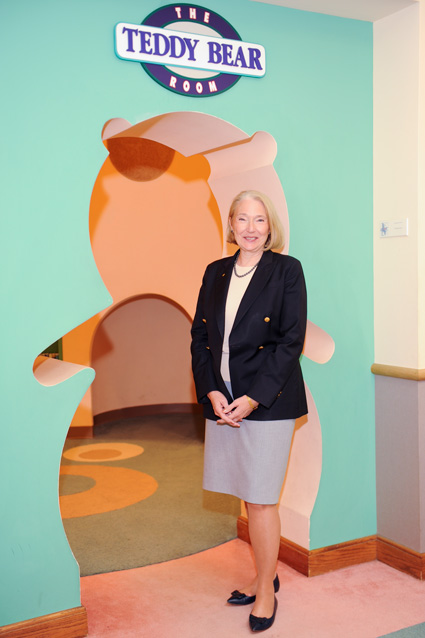According to the most recently published statistics, one in six adults living in Tulsa County is functionally illiterate. Many organizations across the state are attempting to combat the problem of adult illiteracy. In Tulsa County, the Ruth G. Hardman Adult Literacy Service, a program of the Tulsa Library Trust and headed by literacy services manager Cassie Spindle, is hoping to curb that statistic.
"There are approximately 48 programs working with adults to improve literacy skills in the state. That number has declined over the years. A lot of funding has decreased for programs. We have been very lucky to be a part of Tulsa City-County Library system. We receive grants and donations for our program, but being part of a library system has helped us grow and remain relevant. Ruth G. Hardman Adult Literacy Service is one of the largest programs in the state.
The illiteracy rate in Tulsa County is a little bit better than the state average, which is one in five adults that are functionally illiterate. But numbers don’t lie, and every month we have at least 30 students waiting for a volunteer to help them to read, and that number doesn’t change.
Why do adult learners struggle with reading skills? We have two types of students: English as a first language and English as a second language.
For those that speak English as a first language and are functionally illiterate, almost 80 percent show some characteristic of a learning disability that may have gone undiagnosed in school. A lot, as children, moved around a lot. Some had a debilitating illness and never caught up in school. It was probably that they needed more one-on-one help than they got.
What we do is match volunteers to adult learners. We accept into our program anyone who is 16 or older and willing to commit one year to the program, because you need to have 80 hours of instruction to grow one grade level. We assess what the adult learners need. They run the gamut as far as adults up to age 90 in our program. Some adult learners come to us because they want to be able to read books to their grandchildren; some want to get GEDs and get into college. We want to help adult learners achieve their goals; we don’t force them to read to a certain level."

























